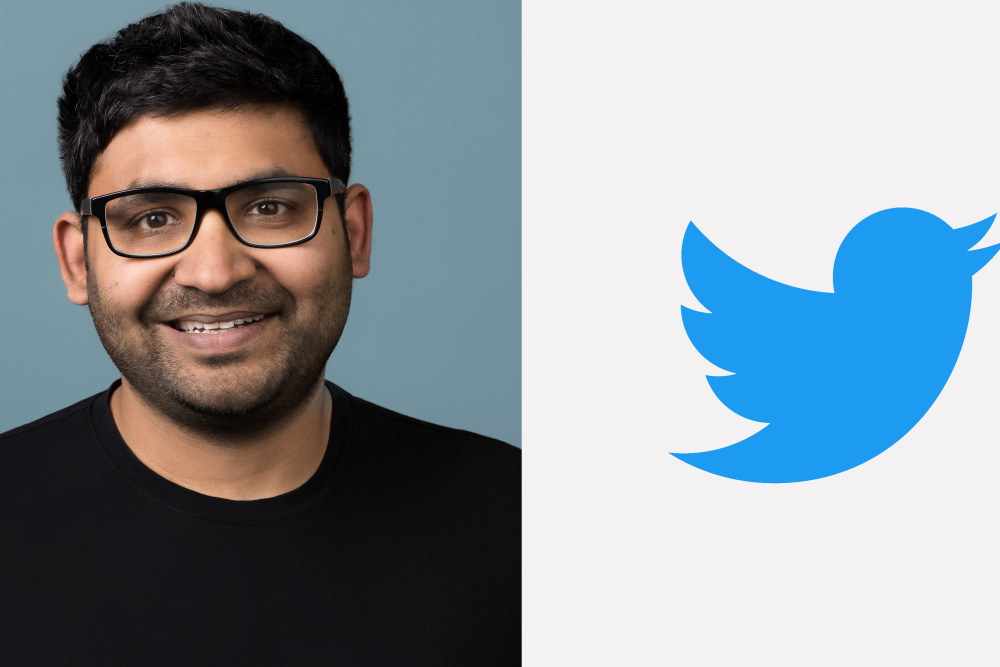Parag Agrawal, the former CEO of Twitter who was removed from his position by Elon Musk after the takeover, has staged an impressive comeback. His latest venture, Parallel Web Systems, is already being seen as one of the most ambitious AI startups in Silicon Valley. Based in Palo Alto, the company is reimagining how the web can be used, not just by humans but by artificial intelligence systems as well.
The Vision of Parallel
Parallel Web Systems was founded in 2023 with the aim of creating an internet that is as functional for AI as it is for humans. The startup is developing infrastructure that allows AI agents to research information in real-time, verify facts, attribute correct sources, and deliver insights in a structured and reliable format. This is not simply an AI tool but a shift towards building an internet designed for intelligent systems.
Strong Financial Backing
Investors have already shown immense confidence in Parallel. The company has secured thirty million dollars in funding from leading venture capital firms including Khosla Ventures, Index Ventures, and First Round Capital. This early financial support has given the startup the foundation to build its ambitious technology and compete in the rapidly growing AI industry.
Breakthrough Technology
The core of Parallel’s innovation lies in its newly launched Deep Research API. Unlike conventional AI systems that provide quick but sometimes shallow results, Parallel’s system is built to handle a wide spectrum of research tasks. It has multiple specialized research engines, the most advanced of which is Ultra8x, capable of conducting deep research sessions that can last up to thirty minutes. Reports suggest that this system has already outperformed GPT-5 and even human experts on recognized benchmarks such as BrowseComp and DeepResearch Bench.
Why Parallel Stands Out
Parallel is different because it is not limited to generating answers; it emphasizes accuracy, transparency, and fairness. Every piece of information retrieved through its system comes with verified sourcing, ensuring users know exactly where it originated. Confidence metrics provide clarity on how reliable a particular piece of data is. Moreover, Parallel’s framework includes mechanisms that reward content creators fairly, ensuring that the digital economy remains balanced even as AI scales its capabilities.
Parag Agrawal’s Comeback Journey
Parag Agrawal’s professional journey has been a story of resilience. In 2022, after Elon Musk’s takeover of Twitter, Agrawal was abruptly removed from his role as CEO. While many expected him to step away from the limelight, Agrawal instead dedicated himself to exploring the future of AI. He spent countless hours working quietly in Palo Alto coffee shops, coding and brainstorming ideas that would eventually evolve into Parallel. Today, that persistence is paying off as he leads one of the most promising startups in the AI ecosystem.
The Future Impact of Parallel
If Parallel succeeds in its mission, it could fundamentally transform how research and information gathering is done on the web. Businesses could use the platform to gain instant competitive intelligence. Developers could rely on it for accurate, real-time documentation. Researchers could complete projects in minutes that would otherwise take hours or even days. The broader vision is to create a web infrastructure that is optimized for AI systems, ushering in a future where artificial intelligence works seamlessly with human needs.
Final Thoughts
Parag Agrawal’s launch of Parallel Web Systems highlights how setbacks can become turning points for innovation. From being removed as Twitter’s CEO to now leading a startup that claims to outperform GPT-5, Agrawal’s journey is a story of resilience, vision, and determination. Parallel is not just another AI company; it represents a movement towards building an internet that is transparent, efficient, and designed for the AI-driven future.

